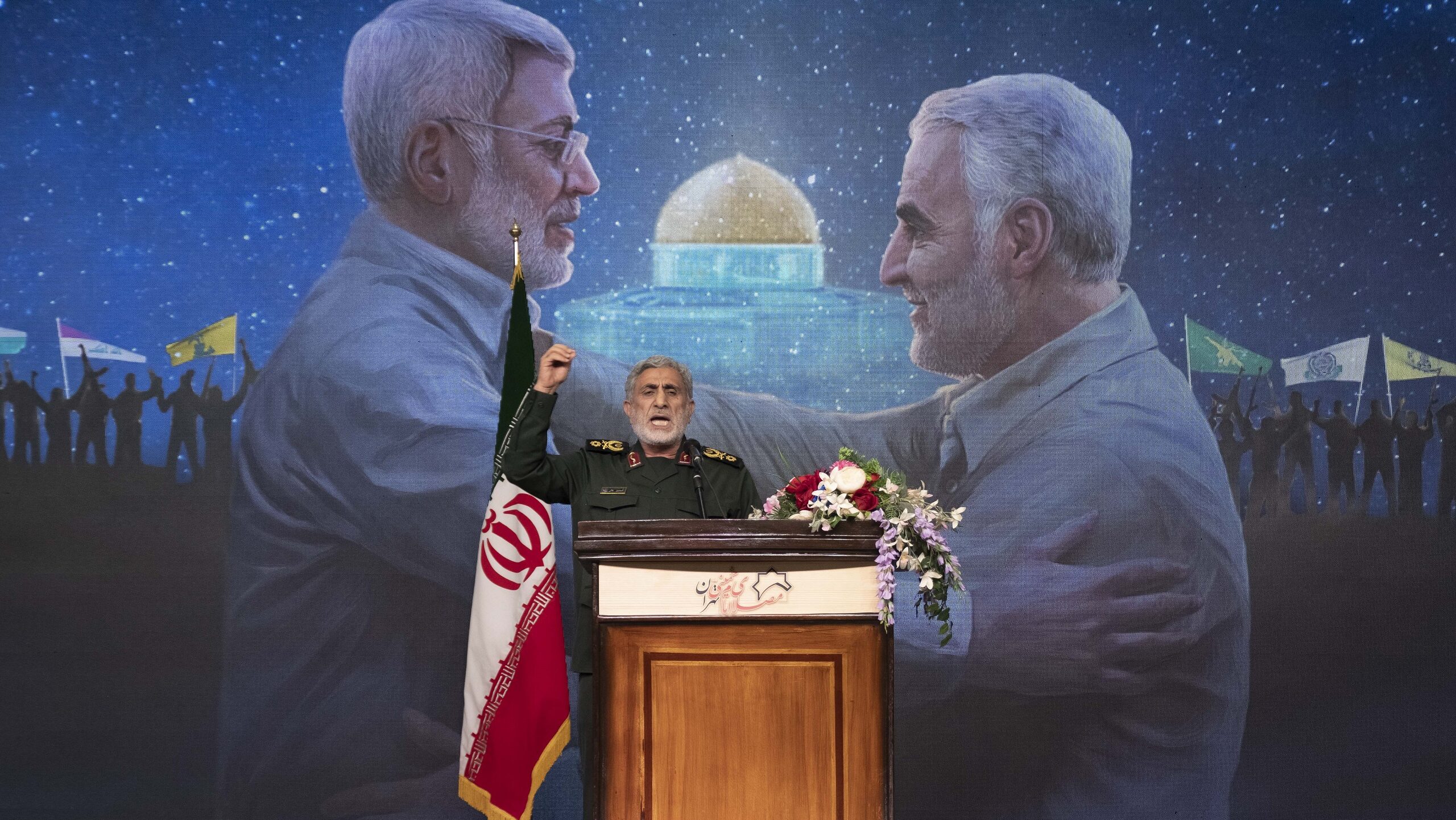Will the New Iranian President Be Any Different?
Asharq Al-Awsat, London, June 13
In an April meeting between Hezbollah Secretary-General Hassan Nasrallah and the Quds Force commander Esmail Qaani, a significant directive from Iran’s supreme leader was unveiled. Qaani conveyed that Iran had no vested interest in escalating tensions with Israel, regardless of the provocations, and stressed the importance of avoiding a regional war that could be triggered by Hezbollah’s retaliation from southern Lebanon. Sources close to the Shiite leadership reported that Nasrallah, though holding a differing opinion, accepted these directives. However, this acceptance posed a challenge to his credibility among various Lebanese groups and supporters across the Arab world, particularly after he vowed to attack Israel. Qaani firmly stated that while this directive was a decision of the Islamic Republic, it was up to Nasrallah to manage the expectations and reactions of his followers. Nasrallah’s disagreement with Qaani’s unequivocal stance led to a tense conclusion of the meeting, after which Nasrallah remained uncharacteristically absent from public appearances for over two months. During this period, rumors proliferated, with some speculating he was suffering from a delicate health condition—rumors that turned out to be unfounded. Following Qaani’s visit, the late Iranian Foreign Minister Hossein Amir-Abdollahian made two subsequent trips to Beirut, each time meeting with Nasrallah in efforts to ameliorate tensions and align views between Hezbollah and Iran. These diplomatic efforts succeeded, with Nasrallah re-emerging publicly and advocating for “strategic patience” as a rationale for not retaliating against the brutal Israeli strikes on southern Lebanon; strikes that had obliterated entire villages with phosphorus bombs, killing hundreds of Hezbollah field leaders, and displacing thousands. As questions mount regarding Iran’s agenda in Lebanon, it becomes evident that Iran treats the country as a mere conduit for its strategic goals, disregarding the well-being of Lebanon and its citizens. Just as Iran leveraged the demarcation of maritime borders between Israel and Lebanon in exchange for the release of its frozen billions in Western banks, it now appears to be using Hezbollah’s nonresponse as a bargaining chip with the United States. The catastrophic toll on Lebanese soil, marked by bombing, rampant poverty, and displacement, seems of little concern to Tehran. Notably, the dynamics between Lebanon and Iran show little prospect of change even with the death of President Ebrahim Raisi and Foreign Minister Amir-Abdollahian. Amir-Abdollahian’s sudden and frequent visits to Lebanon underscore Iran’s dismissive attitude toward Lebanon’s sovereignty. This approach was personified again with acting Foreign Minister Ali Bagheri Kani, whose initial visit to Lebanon blatantly disregarded the local electoral processes. The implicit message was clear: Lebanon’s significance lies solely in its relations with Iran, which leaves Beirut a perpetual battleground for external interests. Iran’s response to Israeli aggression, like the attack on its embassy in Damascus, was largely symbolic, little more than a smokescreen intended to create the illusion of action. The retaliation resulted in negligible casualties or damage, while Iranian propaganda hailed it as a victory. Even in its support of other factions like Hamas, despite showcasing solidarity with prominent figures such as Ismail Haniyeh, Iran’s retaliatory threats have always been markedly selective, sparking only when its direct interests are threatened, as seen in its reprisal for the killing of military adviser Saeed Abyar. The recurring theme throughout the Islamic Republic’s history is one of political Machiavellianism and religious pretense. Iran supports and arms the Houthis to disrupt maritime shipping lanes and nurtures Hezbollah to secure Iranian interests in Lebanon and Syria. The Quds Force serves more to expand Iranian power rather than liberate oppressed regions, contradicting any notion that Iranian influence inherently brings prosperity. In conclusion, regardless of who assumes the presidency of the Islamic Republic, the regime’s behavior—both domestically and internationally—will remain unaltered. Even a purportedly moderate president will be shackled by the enduring tenets of the regime. As the international community waits, only time will reveal if internal pressures within Iran might eventually force a shift in its entrenched policies and practices. —Huda al-Husseini (translated by Asaf Zilberfarb)
This holiday season, give to:
Truth and understanding
The Media Line's intrepid correspondents are in Israel, Gaza, Lebanon, Syria and Pakistan providing first-person reporting.
They all said they cover it.
We see it.
We report with just one agenda: the truth.



